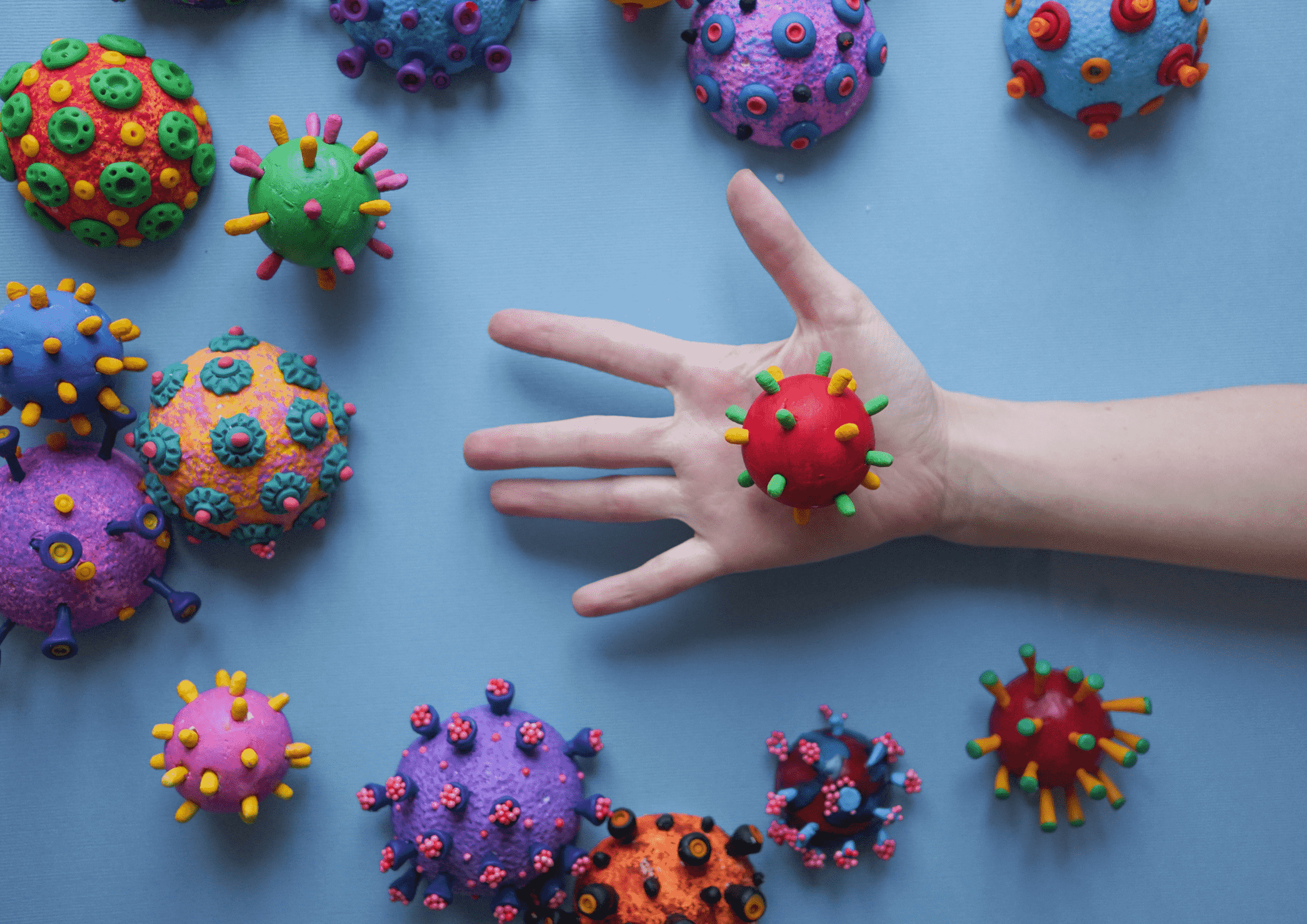
What are microorganisms?
Microorganisms include bacteria, viruses, fungi and parasites. Infection happens when microorganisms invade our body and start to multiply, causing harmful reactions in our body. Antimicrobial agents may be needed to help combat the infection when our body’s immune system is not strong enough. Antimicrobial agents are chemicals that kill or stop the growth of microorganisms.
What is Antimicrobial Resistance?
The World Health Organization (WHO) has declared that antimicrobial resistance (AMR) is one of the top 10 global public health threat facing humanity. Antimicrobial resistance is defined as the loss of effectiveness of antimicrobial medicine, including antibacterial, antivirus, antifungal and antiparasitics agents. This happens when microorganisms change and adapt their characteristics to become resistant to antimicrobial agents, rendering these agents ineffective against the microorganisms. Microorganisms have been known to spread their resistance ability to other microorganisms, even to those not of their species.
How does it affect us?
Antimicrobial resistance is a serious threat to patients, our healthcare system, government and the economy. This phenomenon makes it difficult for healthcare professionals to treat even common infections such as strep throat. As a result, patients may:
Furthermore, it would be too risky to carry out surgery and chemotherapy for patients who need them due to the ineffectiveness of antimicrobials to prevent infection.
The research and development of new antimicrobials is highly time and cost-consuming. Therefore, in the future, patients with antimicrobial-resistant infections will need to pay more for these expensive antimicrobials.
How can we prevent antimicrobial resistance?
The inappropriate usage of antimicrobials, including mis-use, under-use and over-use, is one of the common issues that drives the emergence of antimicrobial resistance. To curb this issue, many healthcare providers are conducting antimicrobial stewardship to optimize the prescription of antibacterial drugs. This ensures that the patient is getting the right antibacterials, at the right time, for a right duration, while minimizing harm to the patient.
The general public can help to hinder the development of antimicrobial resistance. Preventing the spread of infections is the best method. Completely preventing infections is impossible, but we can try to reduce the risk of spreading microorganisms through carrying out these practices diligently:
People with chronic diseases such as diabetes and cardiac diseases are at a higher risk for severe illness from infection. Therefore, those at risk should always take good care to maintain their chronic conditions under control, and keep cuts or wounds clean and covered until healed if injured.
It is important to take prescribed antimicrobials properly to reduce the chances of antimicrobial resistance. Antimicrobial medicines are not always needed. Therefore, always consult your doctor or veterinarian for the best treatment option if you, your family, or your pet gets sick. If antimicrobial medicine is prescribed, make sure to complete the whole course unless instructed otherwise by the doctor or veterinarian.
Wait a minute

Wait a minute